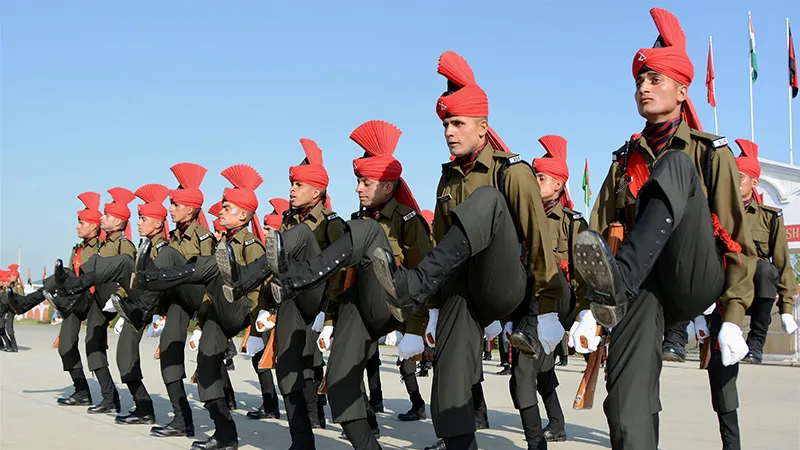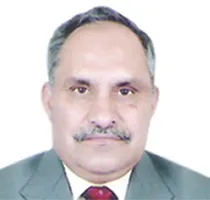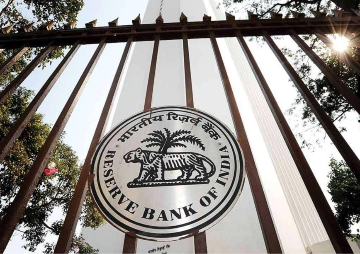The Yamuna and the Army seem to be inextricably linked, and as some would suggest, for all the wrong reasons. Recently the Army was tasked to construct a pontoon bridge over the Yamuna for Sri Sri Ravi Shankar’s World Cultural Festival on the banks of the Yamuna. Criticism of the (mis)use of military resources has not just come from veterans but also the Congress and other Opposition parties. Disturbingly, a mainstream weekly magazine has been scathing in its criticism of Army chief General Dalbir Singh Suhag, for allowing the Government to ride roughshod over the military and use it as a labour force. The General has been accused of cozying up to the Government for a post retirement assignment.
Either way, the fact is that use of specialised bridging equipment for non-military tasks is, to say the least, foolish and short-sighted, given the necessity to keep our limited stocks functional for meeting operational requirements. However, to apportion blame on the Army chief is unfair, as reports suggest that the Ministry of Defence insisted on its deployment despite objections from the Army, which it has the right to do. Therefore, if anybody needs to be held accountable, it must be the Defence Secretary and his political boss, the Minister for Defence.
That said, it may be worthwhile to remember that this is not the first time the military has been so utilised. In March 1997, for example, world renowned pianist Yiannis Chryssomallis, popularly known as Yanni, gave a concert on the banks of the Yamuna at the Taj Mahal in Agra. At that time the Army was tasked to construct not one but two pontoon bridges across the Yamuna, as well as develop approach roads to those bridges. Obviously, this could not have been done without approval from the Ministry. I am not sure if the Army Chief, or anybody else, objected to this misuse of Army then, as has been done now — or if got themselves admission gratis, the latter being a more glamorous event, as a quid pro quo. It will also be fair to ask if the organisers paid for the use of the equipment then and what, if any, were the observations made subsequently by audit authorities. Also, knowing the name of the VIPs who attended that concert will be a bonus.
While two wrongs certainly do not a right make, it will be fair to ask the Congress and the Opposition to desist from hypocrisy and work with the Government to put in place suitable guidelines to control the use of military resources for tasks that do not fall qualify as ‘Aid to Civil Authorities’. For example, assisting with the organisation of events such as the Asian or Commonwealth Games may be included.
Also, veterans need to be more circumspect as to what they express about military-related events on social media. They best understand the impact such constant criticism has on the chain of command and on the morale of the rank and file. The military already faces unprecedented challenges, both external and internal, thanks to its neglect over the years as also because of the social and cultural transformation that the country is undergoing (from which the military is not untouched). The veterans will be doing a great dis-service to the military by adding to its problems with constant criticism. The serving hierarchy must be given due opportunity and space to carry out its responsibilities in the manner it considers fit. The need for discernment between what constitutes justifiable advice and uncalled for interference must be fully understood and respected.
Finally, the Ministry of Defence must be held accountable for what constitutes its main responsibility: the defence of the nation. It stands to reason that without an effective, efficient and motivated military, the country is not secure. There is ample information in public domain that tells us of the poor state of military preparedness. In addition, the fact that civil-military relations are at their very lowest ebb and that the Ministry has been shown to have actively aided the ongoing attempts to downgrade the military must lead to action against those responsible for the current state of affairs. For too long now, the Ministry of Defence has held the reins of power without accountability. This must change.
This commentary originally appeared in The Pioneer.
The views expressed above belong to the author(s). ORF research and analyses now available on Telegram! Click here to access our curated content — blogs, longforms and interviews.




 PREV
PREV


